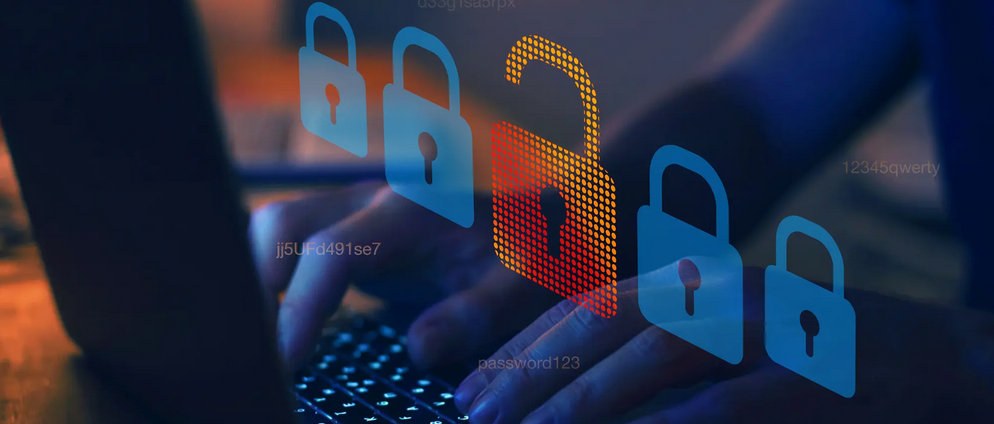Q-Day: Cryptocurrencies at Risk from Quantum Attacks
Professor Massimiliano Sala from the University of Trento in Italy recently discussed the future of blockchain technology, its relationship with encryption, and quantum computing with the Ripple team as part of the company’s university lecture series. Sala focused on the potential threat posed by quantum computers as they continue to develop.
According to Professor Sala, current encryption methods could become easily solvable for future quantum computers, putting entire blockchains at risk. He explained, “Quantum computers can easily solve the problems underlying digital signatures, which could potentially undermine the mechanisms that protect users’ assets on blockchain platforms.” This hypothetical scenario is known as “Q-day”—the moment when quantum computers become powerful and accessible enough for attackers to break classical encryption methods.
Such a shift could have far-reaching consequences for any field where data security is crucial—including emergency services, infrastructure, banking, and defense. However, the most disruptive impact could be on the world of cryptocurrencies and blockchain.
Sala warns that “all classical public-key cryptosystems must be replaced with quantum-resistant alternatives.” The idea is that a future quantum computer or quantum attack algorithm could break the encryption of these keys using mathematical brute force.
It’s important to note that Bitcoin, the world’s most popular cryptocurrency and blockchain, falls into this vulnerable category.
While there is currently no practical quantum computer capable of such attacks, governments and research institutions worldwide are preparing for “Q-day,” treating it as an eventual certainty. Sala believes that this event is not imminent, but advances demonstrated by physicists in dozens of academic and commercial labs have convinced many experts that such systems could emerge within a few years.
In conclusion, Sala is satisfied with the progress being made in this area and recommends that blockchain developers continue to work with encryption experts who understand the standards and innovations related to quantum-proofing modern systems.



